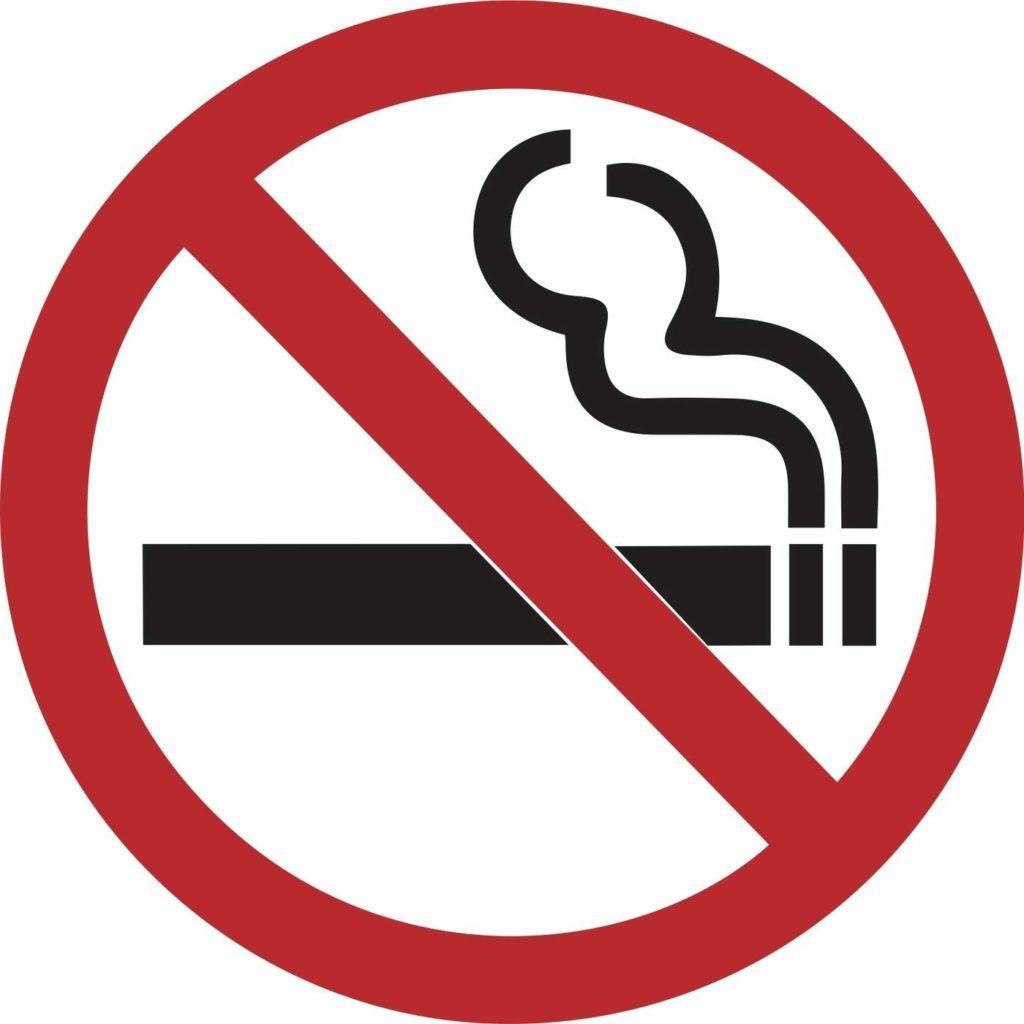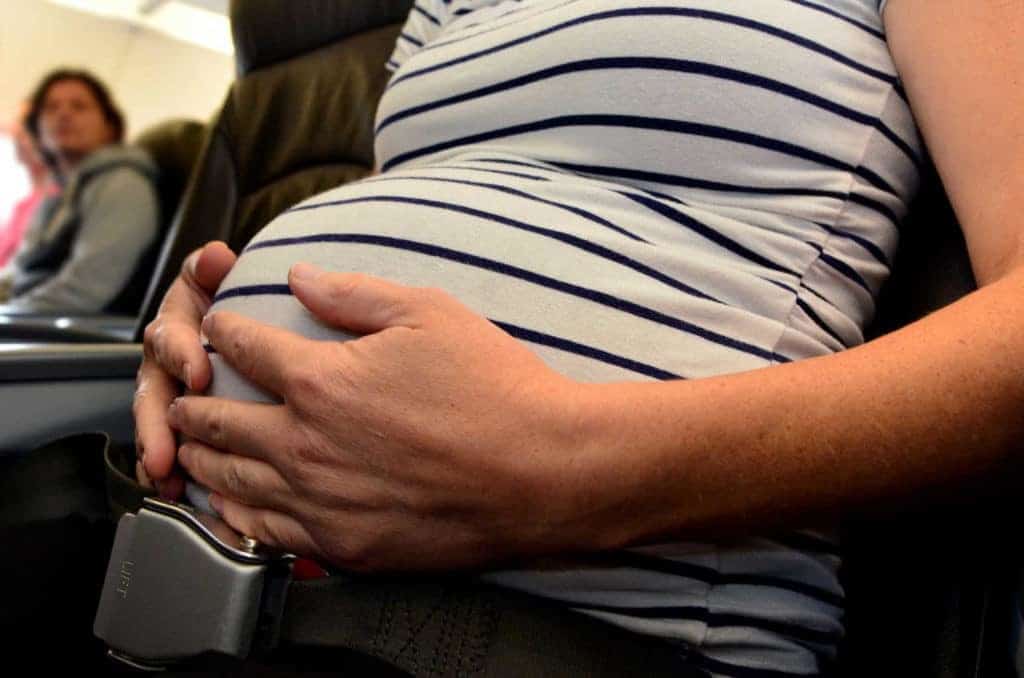Contents:
- Medical Video: Boost Your Baby s Vitamin D Levels Medical Course
- Why do babies need vitamin D?
- What causes babies to lack vitamin D?
- How much vitamin D does the baby need?
- Conclusion
Medical Video: Boost Your Baby s Vitamin D Levels Medical Course
Vitamins are important nutrients that, although in small amounts, are needed for the body to stay healthy. Vitamin D in particular, regulates the amount of calcium in the body. You need vitamin D to maintain the strength of your bones and teeth. Without this vitamin, your body's bones will be brittle, weak, or even have an abnormal shape. In addition to adults, vitamin D is also very important for babies.
Why do babies need vitamin D?
Infants and young children grow rapidly. Therefore, their bones need lots of vitamins and minerals to grow optimally. In addition to supporting bone growth, vitamin D also helps maintain the body's defense system, health of the heart, brain, and other organs in the body.
Vitamin D deficiency is also known to be associated with various of the following health problems:
- autoimmune diseases such as type 1 diabetes, multiple sclerosis, and rheumatoid arthritis
- osteoporosis
- heart disease
- mood disorders
- certain types of cancer
- chronic inflammation
- arthritis
Babies who consume exclusive breastfeeding who don't get enough vitamin D will be threatened with a condition called Rickettsia. Bone in patients with this condition usually fails mineralization so that it is fragile and has a disability. Disabilities that occur can include curved legs, and thicker wrists and legs.
If left untreated, Rickettsia can lead to various complications such as:
- seizures
- failed to grow
- short posture
- lethargy
- risk of developing an airway infection
- curved spine
- dental problems
- bone deformity
Bone deformity in Rickettsia can usually be corrected if the patient is given vitamin D intake as early as possible. Some babies may have to undergo an operating procedure to correct their bone deformity.
What causes babies to lack vitamin D?
Vitamin D deficiency is usually caused by not getting enough sunlight. Causes that can lead to this condition include:
- Living in the northern region of the earth so that it does not get enough sunlight.
- Have a medical condition in which the body cannot absorb enough vitamin D, like celiac, cystic fibrosis, or inflammatory bowel disease (IBD).
- Have dark skin. Dark skin does not react well to sunlight. People with dark skin usually need 5-10 times more to produce vitamin D which is equivalent to white people.
- Do not use protective clothing when in the sun.
- Do not use sunscreen.
- Live in areas with high air pollution or high cloud density.
- Vegetarians who don't eat fish, eggs or milk.
Many people have recently been afraid of being exposed to sunlight because it can increase the risk of cancer. In addition, high sun exposure can also accelerate the aging process. For this reason, easy mothers usually don't get enough vitamin D, which in turn causes their breastfed babies to be at high risk of developing vitamin D deficiency.
How much vitamin D does the baby need?
The need for vitamin D in newborns for several days is 400 IU / day. As an illustration, breast milk only contains 25 IU of vitamin D / liter or even less. Therefore, vitamin D supplements are often needed for infants who consume exclusive breastfeeding and infants who consume half ASI and half formula milk. You can discuss with your doctor about the need and how to give the right vitamin D supplement. If you give your child formula milk that contains fortified vitamin D, then you no longer need to provide extra vitamin D for your child.
Vitamin D can also be found naturally in some foods such as fatty fish and egg yolks. However, the biggest and best source of vitamin D is sunlight. When ultraviolet light hits the skin, this light stimulates the body to make vitamin D. To increase the concentration of vitamin D, it takes at least 20% of the surface area of the skin exposed to sunlight. Some studies recommend adequate sun exposure,to maintain adequate vitamin D concentration, namely exposure of both hands and feet to sunlight for 5-30 minutes, (depending on time, season, latitude and skin pigmentation), 2 times a day.
But keep in mind, even though sunlight is good for health, it is important for you to protect your baby from direct sunlight. You can wear thin clothes and hats that can protect your baby's skin from direct sunlight. In addition, you can also apply a sunscreen of at least SPF 15 to the baby 15-20 minutes before taking it to sunbathe. Also avoid drying the baby at 10am to 4pm because UVB radiation is the highest at that time.
Conclusion
Breast milk is still the best source of nutrition for babies in the first year of life. If you have concerns about your baby being deficient in vitamin D, then you can consult a doctor. You can also contact your doctor if you experience obvious bone pain, muscle weakness or bone defects.












